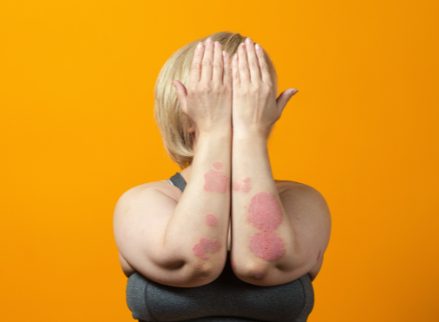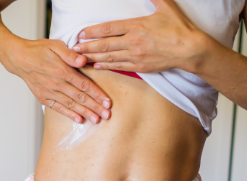- Home
- Forums
- Psoriasis Forum
- Treatments for psoriasis
- Natural Psoriasis Treatments: Which Alternative Therapies Do And Don't Work
Patients Psoriasis
Natural Psoriasis Treatments: Which Alternative Therapies Do And Don't Work
- 51 views
- 0 support
- 1 comment
All comments

Unregistered member
Edited on
08/09/2016 at 14:23
I have found natural psoriasis treatment containing many of the components that you have described in your article.) I use [This content has been moderated due to infringement of the Terms and Conditions of this site], which contains not only plants extracts but also the dead sea minerals.
Give your opinion
Survey
Survey
Members are also commenting on...
Articles to discover...
Medication fact sheets - patient opinions...
Subscribe
You wish to be notified of new comments
Your subscription has been taken into account









Gilda
Community managerGood advisor
Gilda
Community manager
Last activity on 03/02/2023 at 15:26
Joined in 2015
710 comments posted | 32 in the Psoriasis Forum
Rewards
Good Advisor
Contributor
Messenger
Committed
Explorer
Evaluator
Medical Daily